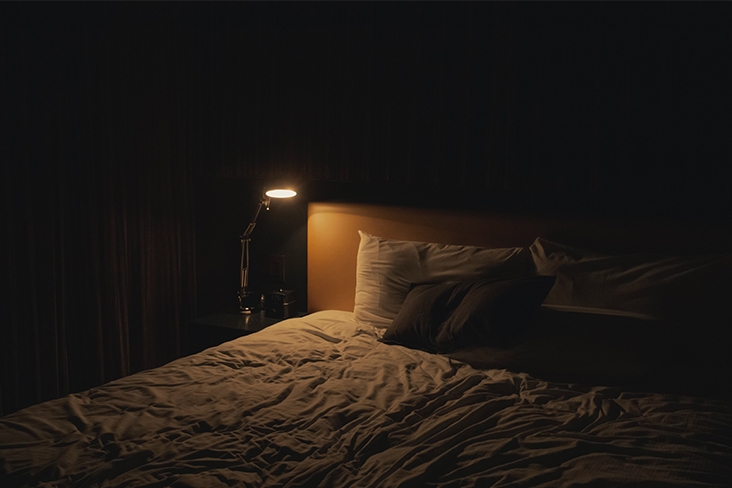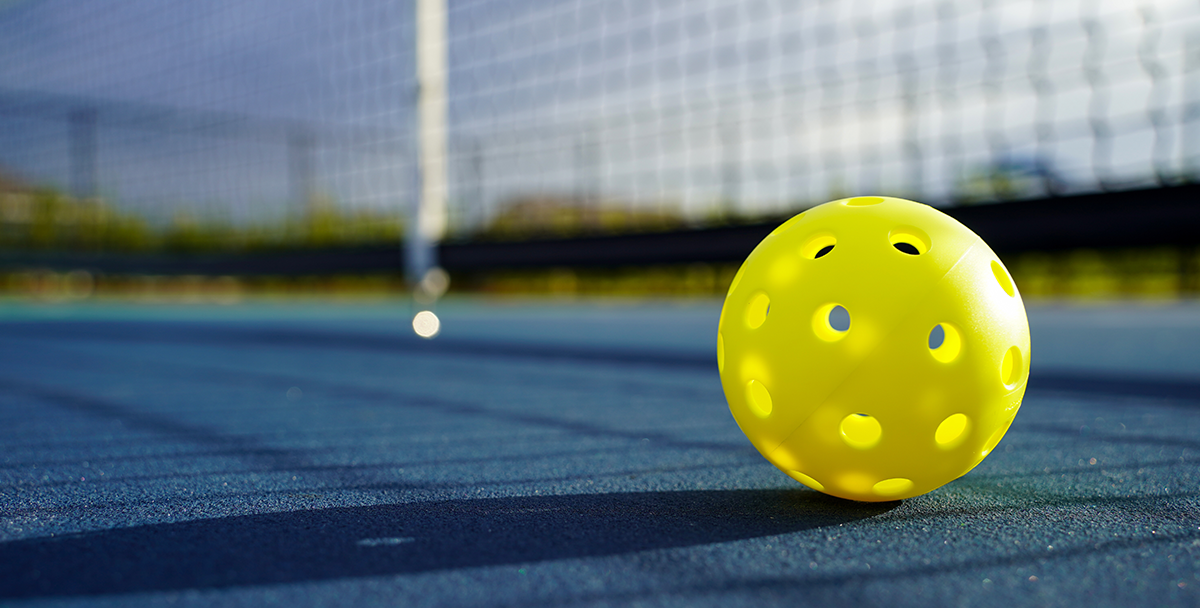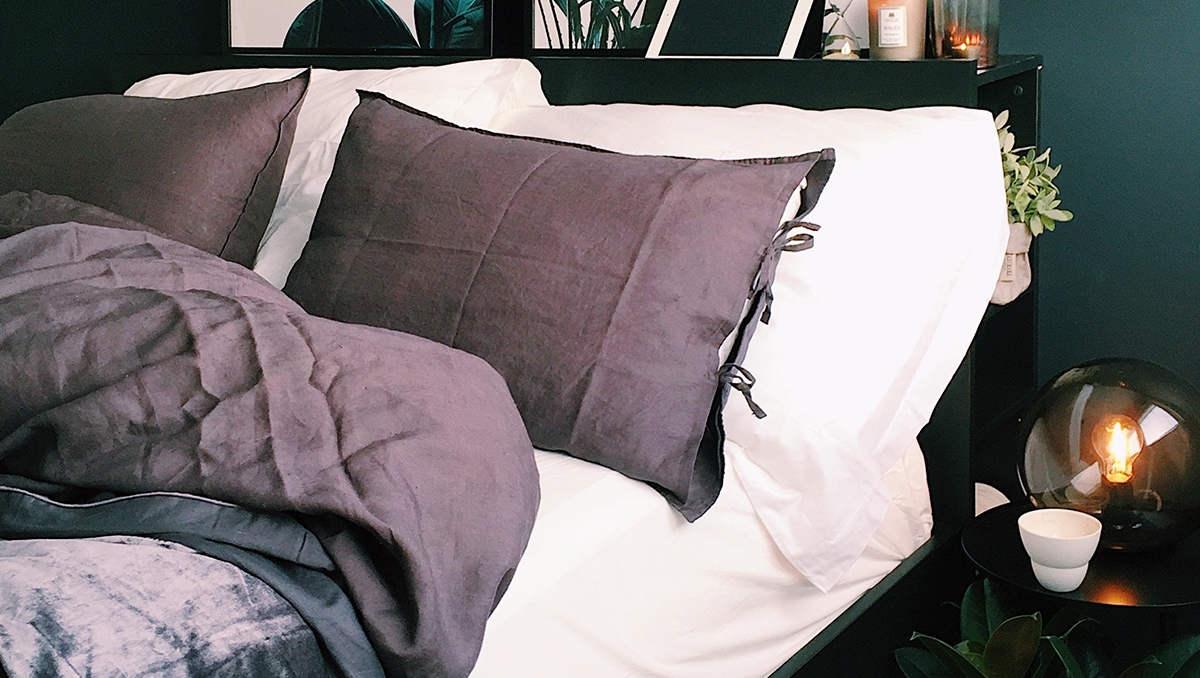As an elite triathlete, Rachael Norfleet used to spend 15 to 20 hours a week swimming, biking and running while also managing a full-time college course load and working three part-time jobs. That left little time to sleep. Most nights, she would squeeze in about five hours before it was time to get up for a workout, class or shift.
But lately, Norfleet, at the recommendation of a doctor, has been paying more mind to her body’s need for sleep. She has established a wind-down routine that includes drinking a cup of tea and not looking at her phone or laptop, and most weeknights, getting in bed by 10 p.m. for eight hours of uninterrupted rest.
It’s not always easy to unplug, but Norfleet – now graduated and working at a health care tech company in California – has realized that when she takes the time to sleep, she gets more done when she’s awake.

“I used to wake up with a piercing headache or grogginess almost every day,” Norfleet says. “I did not know this was abnormal until I started properly taking care of myself. I think we live in a society that really glamorizes your capacity to work, and we largely fail to recognize some of the very basic pillars of health, like sleep.”
Norfleet is part of a quiet revolution. After years of high achievers boasting about late bedtimes and 4 a.m. alarms, the conversation is finally shifting – more talk of lights out at 10 or 11, well-rested wakeups and the power of the lunch-hour nap. Sleep, once an enemy of the to-do list, has become part of it.
The only question, really: Why did it take so long?
Sleep is a relatively young field with much left to discover, says Dr. Seema Khosla, medical director of the North Dakota Center for Sleep and fellow of the American Academy of Sleep Medicine™, but there are some truths we’ve known for years. Scientists have found getting enough consistent, restful sleep – for adults, that’s roughly seven to nine hours a night – improves health across the board.
In the book Why We Sleep: Unlocking the Power of Sleep and Dreams, neuroscientist Matthew Walker looks at dozens of studies on sleep’s benefit to our bodies. Adequate sleep can decrease the risk of cancer, dementia, heart attack or stroke, diabetes and the common cold or flu. People who prioritize sleep report feeling less anxious and more creative.
“What we perceive as our mind shutting down is actually an important part of the brain’s ability to learn and heal,” says Dr. George Michalopoulos, a lead clinician at the Neurologic Wellness Institute in Wood Dale, Illinois.
As you drift off, your heartbeat slows and your muscles relax. Meanwhile, other systems spring to action. Your body starts pumping out hormones that repair muscles and cytokines that support your immune system. During deep sleep, your brain clears out bits of protein and other unneeded (and sometimes harmful) cellular debris, an unfortunate byproduct of all the good work your neurons do throughout the day.
Sleep researchers Andy R. Eugene and Jolanta Masiak compare the process to trash removal: “Essentially, sleeping acts as a garbage collector that comes during the night and removes the waste product left by the brain.” This process is why, when you get to work in the morning, it might feel easier to write the memo or solve the problem that seemed confounding the night before.
A sleep-starved brain can atrophy, Michalopoulos says. The result of skimping on sleep, he explains, “is that the brain over time shrinks, becomes less efficient, is less protected and is essentially older than it otherwise would be.”
According to Michalopoulos, the importance of sleep cannot be overstated.
Sometimes sleep is about trial and error, Khosla says. Dialing the bedroom thermostat down to the mid-60s, for example, is sound advice from a scientific perspective – since the body’s core temperature dips during sleep, the chillier room sends a signal that it’s time to zonk out – but if you run cold, a semi-arctic environment may be untenable. “We have these commandments of good sleep, but everybody is so different,” she says. “You have to individualize it and make it work for you.”





